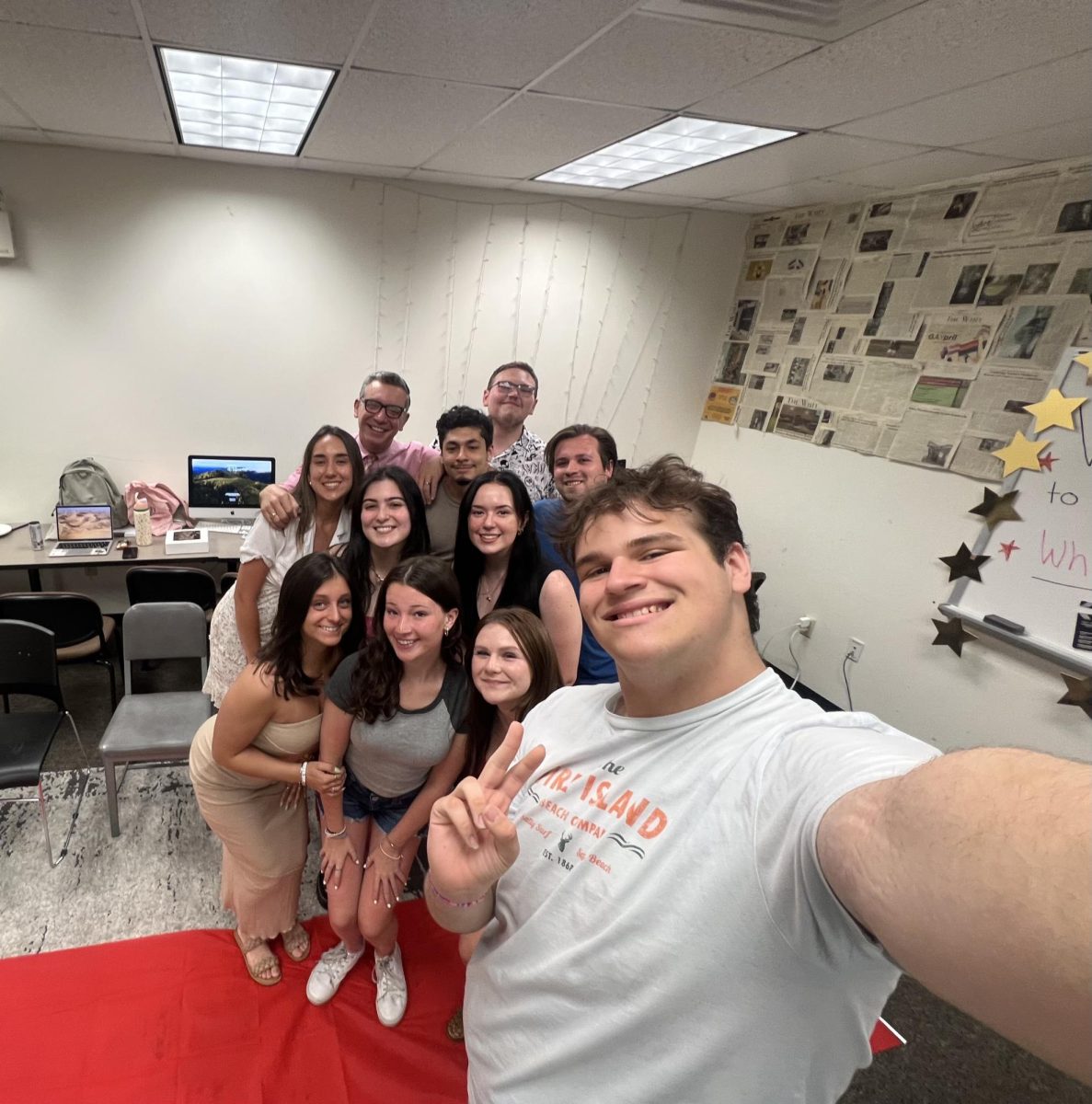Hi – we are two high-achieving Rowan students who are active in clubs, participate in research and have plans for graduate school. We both take our classroom education seriously. Both of us are also diagnosed with ADHD, and fear that the transition to an online learning platform will be disastrous for students like us.
Having ADHD means that we’re more likely to struggle with forgetfulness and boredom. We are neurobiologically inclined to have problems being organized and procrastinating. Overall, ADHD means that we have worse executive functioning – which, according to Dr. Russel Barkley, a clinical professor of psychiatry at the Virginia Treatment Center for Children and Virginia Commonwealth University Medical Center, means that we “often struggle to analyze, plan, organize, schedule, and complete tasks at all.” Any student who has impaired executive function, defined as the ability to control behavior to achieve a goal, will have a tough time adapting to their new learning environments and shifted expectations.
Online courses often involve fewer in-person interactions with professors. This removes a lot of the built-in structure of traditional coursework, many of the assignment reminders and a lot of accountability. Moving courses online requires that students impose our own structure onto our learning; this is a greater challenge for us with ADHD than students without ADHD. Moreover, ADHD is also often comorbid with Audio Processing Disorder; synchronous video learning employing largely audio-based lectures will just add to the existing difficulty.
Notably, it is not just students with ADHD who will struggle with the transition to online learning. Other students with learning disabilities, especially those related to executive function, will have a tough time adapting to their new learning environments and shifted expectations.
In New Jersey, learning disability documentation expires after five years and is often expensive to conduct – for one of us personally, the test leading to the original diagnosis cost upwards of $2,000. These prohibitive costs and means testing measures have led many students to forgo disability services at Rowan University, especially for those of us who are more outwardly “high performing.” We figured that we understood the variables that were coming at us, that we could employ positive coping strategies, that we could mask well enough. We figured that we had unofficial resources: a quiet library corner; a gym to exercise off the excess energy; roommates who could help us study. We figured that those would be constant while we took classes.
We did not consider that circumstances would change so quickly – as a result, we are left without the documentation or the administrative support to request accommodations we didn’t even know we would need.
Having ADHD doesn’t mean we are not smart or capable learners. Often, it means that we were given an instruction manual in a language we can’t read, and that we’re expected to follow those instructions just because every other student can. Myopic assumptions about what students with disabilities should be able to do often cause educators to overlook what we can do, if provided the proper tools.
So, if you’re a student with a learning disability, like us: you’re not bad or stupid if you struggle academically. Having a tougher time right now than you did before doesn’t mean that you aren’t working just as hard, or doing just as well. It just means you’ve been tossed into yet another tough situation and yet again been expected to carry on as if nothing were amiss.
And if you’re an educator: you may not know which students have disabilities. Some who are not currently documented may choose to disclose to you during this time, and others may not. They may not know how to. So be kind, to all of your students – the forgetful ones, the disorganized ones, the “lazy” ones, the ones who you may “know should be better than to act like this.” We’re your students who may need your kindness most.
For comments/questions about this story, email [email protected] or tweet @TheWhitOnline.

























































































































































!["Working with [Dr. Lynch] is always a learning experience for me. She is a treasure,” said Thomas. - Staff Writer / Kacie Scibilia](https://thewhitonline.com/wp-content/uploads/2025/04/choir-1-1200x694.jpg)











































Vesper • Mar 26, 2020 at 8:21 am
This is what I’m struggling with right now, since my High School is closed until May 4th. You could say I’ve been in a world of pure procrastination. This leaves me very worried that I won’t be able to graduate, as I can’t afford any more bad grades!